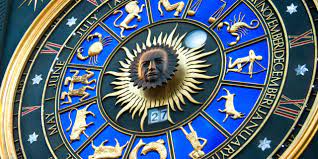Astrology, an ancient practice deeply embedded in cultures across the globe, continues to captivate and intrigue people with its promise of insight into personality traits, relationships, and the future. Defined as the study of the positions and movements of celestial bodies interpreted as having an influence on human affairs and the natural world, love and relationship astrology reading has persisted for centuries, evolving and adapting to different civilizations and eras.
Origins and Evolution
The origins of astrology can be traced back thousands of years to ancient civilizations such as the Mesopotamians, Egyptians, Greeks, and Chinese. The belief that the cosmos’ alignment influences life on Earth formed the cornerstone of these early astrological practices.
Ancient astrologers mapped out the sky, charting the movement of celestial bodies and correlating them with events on Earth. Their observations laid the groundwork for the zodiac—a belt divided into twelve sections, each associated with specific constellations.
Modern Perspectives and Controversies
While astrology has retained its popularity, it faces skepticism and criticism in the modern era. Critics argue that astrology lacks scientific evidence and operates on generalized statements that can apply to anyone. Skeptics emphasize the absence of empirical support for the claims made by astrologers and highlight the practice’s reliance on subjective interpretation.
However, supporters defend astrology as a tool for self-reflection and guidance rather than a predictive science. They suggest that astrology’s value lies in its ability to provide insight, stimulate introspection, and offer a framework for understanding oneself and others.
